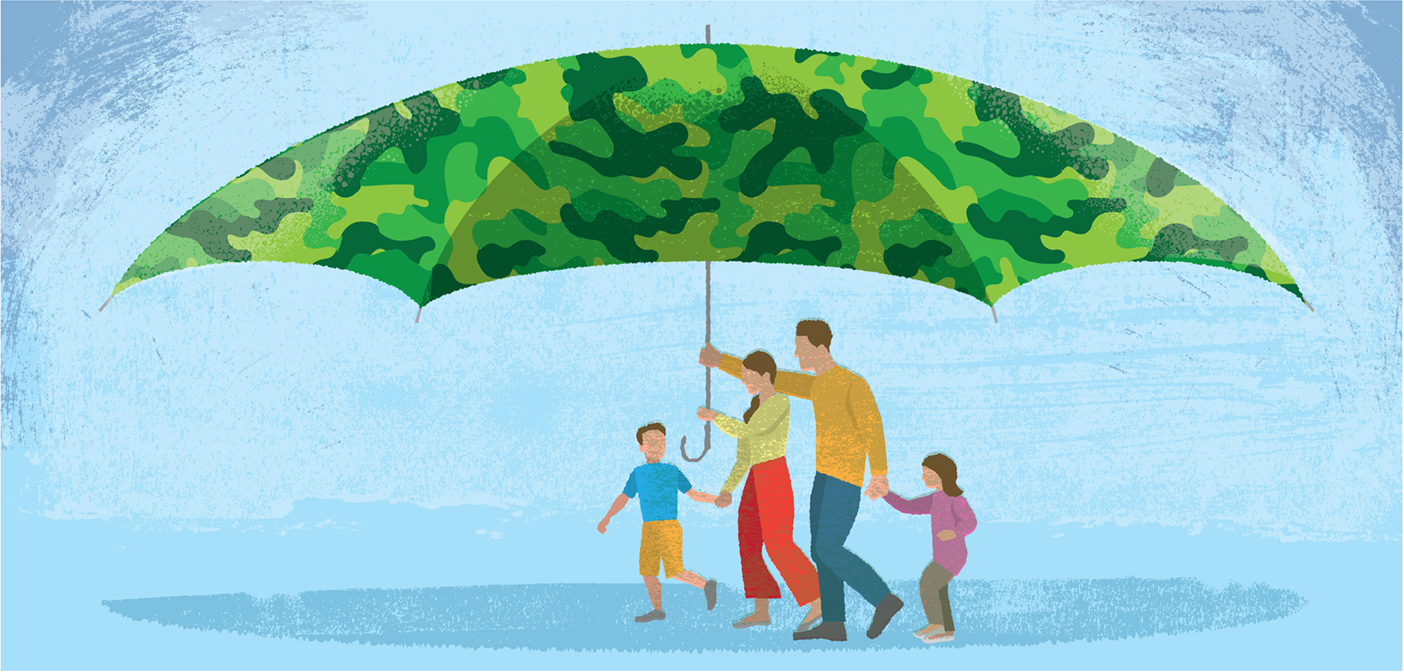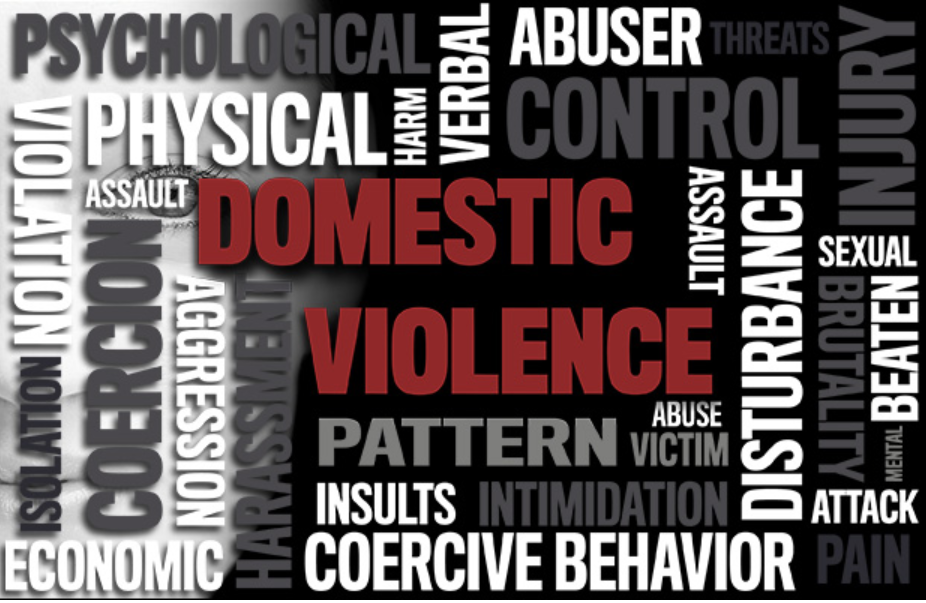Last week, two survivors of the 2018 Marjory-Stoneman Douglass High School, Calvin Desir, 16, and Sydney Aiello, 19, died by suicide, along with Jeremy Richmann, the parent of a victim in the 2012 Sandy Hook shooting.
In a statement to the Daily Beast, Jeremy’s wife Jennifer Hensel said he “succumbed to the grief that he could not escape.” Similarly, Sydney had been close friends with a victim of the Stoneman Douglass shooting; her mother said she struggled with survivor’s guilt and was recently diagnosed with post-traumatic stress disorder (though the event took place a little over a year ago).
Tamar Rodney, PhD, RN, PMHNP-BC, CNE, assistant professor and an expert in post-traumatic stress disorder (PTSD), sheds light on the importance of early diagnosis in PTSD treatment “because it is very well documented that there is a high correlation between PTSD and suicide.”
From Dr. Rodney:
A mass shooting is in the headlines one day and out the next, just when the pain, suffering, and feeling of despair that survivors and their families experience might be entering a new and unknown phase. Sadly the remnants of their pain may never go away.
Time is an important part of PTSD diagnosis and its outcomes. According to the DSM 5 (the standard diagnostic manual of the American Psychiatric Association), clinicians may diagnose patients with PTSD if they have related symptoms that cause significant distress for more than one month. Yet PTSD is difficult to assess and treat because weeks, months, years after the event disappears from the headlines, survivors and their families who may still be in pain are back at school or work and are expected to feel, look, and act normal. As evidenced by the recent suicides, life doesn’t always follow that script. And with the pressure to look normal, suicide often comes as a surprise.
There is a high correlation between PTSD and suicide. While we cannot pinpoint the cause, suicide after a traumatic event signifies that the individual can no longer cope with the cumulative effects of the trauma, and it is too hard to adjust to their new, unwanted, unplanned version of life.
The post recovery effort is important, and must be ongoing. We need to protect, stabilize and guide individuals who have experienced trauma, and help them create a new normal that does not dismiss the long term effects of their pain.
Read more:
- Shedding Light on Something We Cannot See
- Post-Master’s Psychiatric Mental Health Nurse Practitioner Certificate
ABOUT THE AUTHOR
 Tamar Rodney, PhD, RN, PMHNP-BC, CNE is an assistant professor at the Johns Hopkins School of Nursing and a Family Psychiatric Mental Health Nurse Practitioner; she has practiced in numerous patient settings and multiple countries. Her dissertation focused on biomarkers for PTSD in military personnel and veterans who have had brain injuries. Dr. Rodney serves as the Executive Director of the International Network for Doctoral Education in Nursing and is a Geneva Foundation/Jonas Veterans Healthcare Scholar.
Tamar Rodney, PhD, RN, PMHNP-BC, CNE is an assistant professor at the Johns Hopkins School of Nursing and a Family Psychiatric Mental Health Nurse Practitioner; she has practiced in numerous patient settings and multiple countries. Her dissertation focused on biomarkers for PTSD in military personnel and veterans who have had brain injuries. Dr. Rodney serves as the Executive Director of the International Network for Doctoral Education in Nursing and is a Geneva Foundation/Jonas Veterans Healthcare Scholar.

 A Shared Resilience
A Shared Resilience Safeguarding the Folks Back Home
Safeguarding the Folks Back Home What Nurses Need to Know: COVID-19, Guns and Intimate Partner Violence
What Nurses Need to Know: COVID-19, Guns and Intimate Partner Violence What Nurses Need to Know: Recognize When You’re Out of Your Resilient Zone and Take Action
What Nurses Need to Know: Recognize When You’re Out of Your Resilient Zone and Take Action VA Buys into Danger Assessment Tool
VA Buys into Danger Assessment Tool







